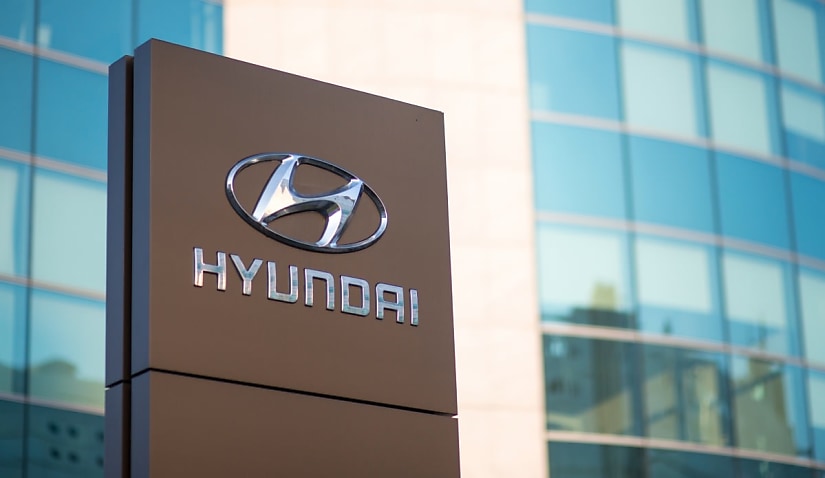Powered by MOMENTUM MEDIA
Hundreds of thousands of Hyundai and Kia car owners could be entitled to compensation after class action investigations revealed that a number of “worthless and dangerous vehicles” caught fire at random.

The class actions against the motor companies will allege owners suffered loss and damage after Hyundai and Kia breached consumer laws after defective Anti-Lock Braking Systems (ABS) rendered some of the Korean manufacturers’ most popular models potential fire hazards.
According to the firm, the ABS defect was identified in multiple safety recall notices issued by Hyundai and Kia, which stated that due to a manufacturing error, an electronic control circuit board may short circuit when exposed to moisture.
This gives rise to a risk of an engine compartment fire, which can happen even when a vehicle is turned off.
This is something the lead plaintiff in the Hyundai class action, Port Macquarie mother-of-two Anne-Maree Johnston, experienced for herself — and said she was lucky to escape unharmed after her Hyundai caught fire in her garage directly below her bedroom.
“It could have been a fatal disaster. We were very lucky to have noticed smoke coming into the house from the garage,” she said.
“Had we not caught it early, it’s almost certain the whole house would have gone up.”
Leading consumer advocate Jo Ucukalo, chief executive of Handle My Complaint, said she had been contacted by car owners from across the country concerned that neither Kia nor Hyundai was taking their complaints seriously.
“For many people, their cars are a major investment and asset. Motorists would expect cars made by Hyundai and Kia to meet the most stringent safety standards,” she said.
“But they have been let down and now own potentially worthless and dangerous vehicles.”
This news follows a number of other class actions launched against motor companies recently, including against Toyota subsidiary Hino Motors Australia and parent company Hino Motors Limited, as well as against Mercedes-Benz and BMW for the alleged installation of “cheat devices” on vehicles.
Additionally, proceedings have been filed in the Supreme Court of Victoria against Toyota Motor Corporation Australia Limited for alleged tampering with emissions control systems to improve the performance of diesel engines.
The proposed Kia class action involves almost 58,000 Sportage and Stinger model vehicles manufactured between 2016 and 2019.
The Hyundai class action involves almost 94,000 Tucson model cars with model years between 2014 and 2020; 124 Genesis G80 and G70 2018 models; 1,200 Genesis models from 2014–2017; 21,943 Santa Fe (DM) models from 2015–2018 and ix35 models from 2014-2015; and a further 19,541 ix35 (EL) models from 2014–2015.
Maurice Blackburn national head of class actions Andrew Watson said that the class actions will allege that Hyundai and Kia failed to comply with the guarantee of acceptable quality under the Australian Consumer Law.
“This is a serious defect impacting hundreds of thousands of vehicles with potentially catastrophic consequences for vehicle owners and bystanders,” he said.
“Consumers expect that the vehicles they purchase will be safe to drive, safe to park in their garage, and free from defects which could result in the loss of life. Hyundai and Kia have failed to meet those expectations and must be held to account for putting unsafe vehicles on the road.”
We're evolving — and so should your insights. Heads up — Lawyers Weekly is going premium from 1 May for just $5 a month. Stay informed without missing a beat. More information coming soon.

Lauren is a journalist at Lawyers Weekly and graduated with a Bachelor of Journalism from Macleay College. Prior to joining Lawyers Weekly, she worked as a trade journalist for media and travel industry publications and Travel Weekly. Originally born in England, Lauren enjoys trying new bars and restaurants, attending music festivals and travelling. She is also a keen snowboarder and pre-pandemic, spent a season living in a French ski resort.